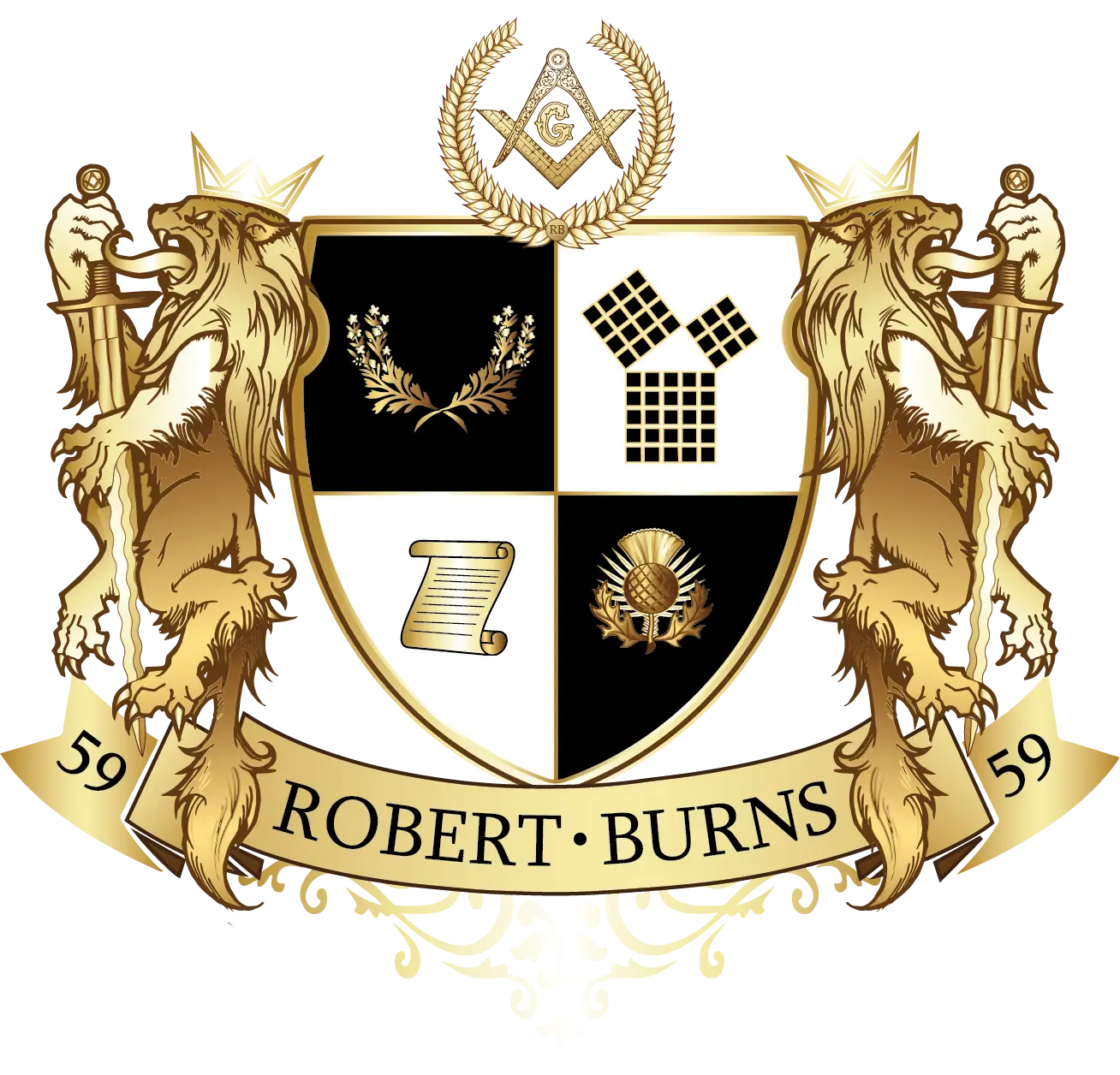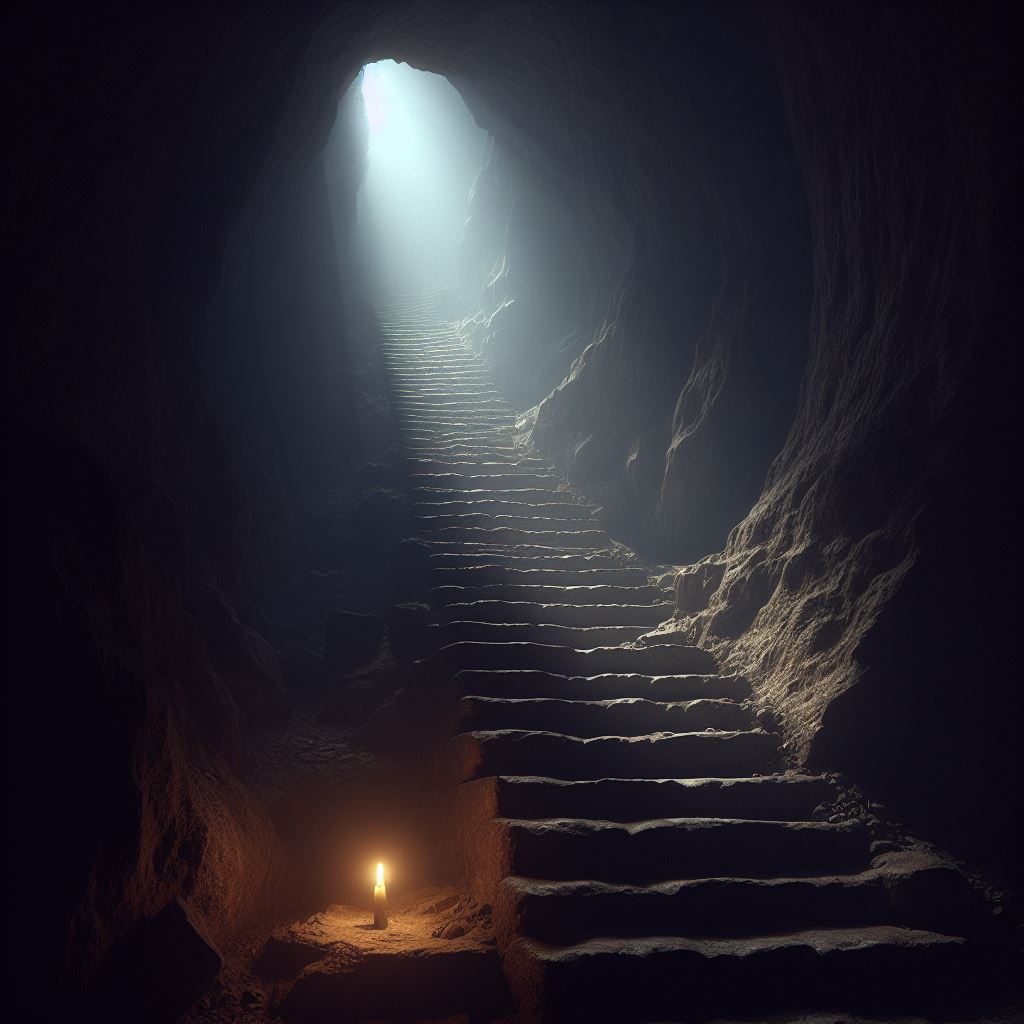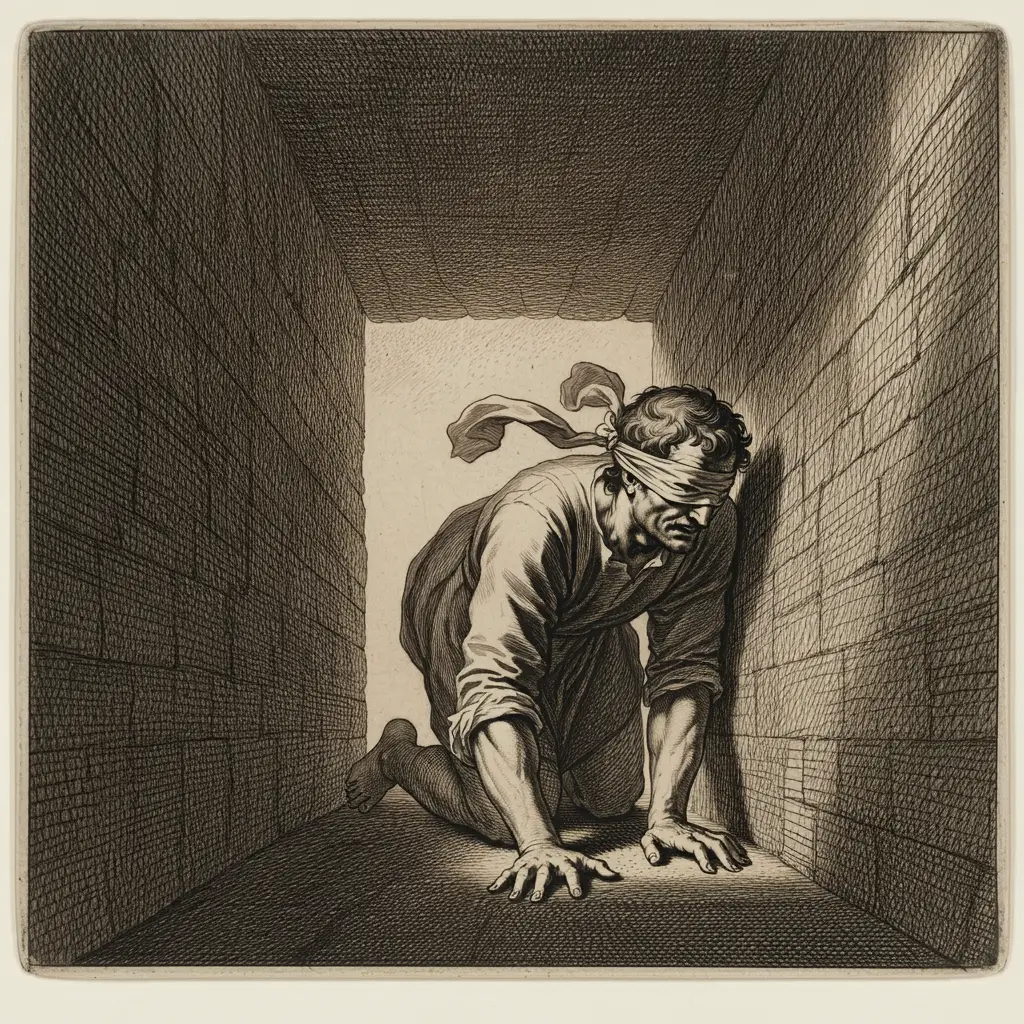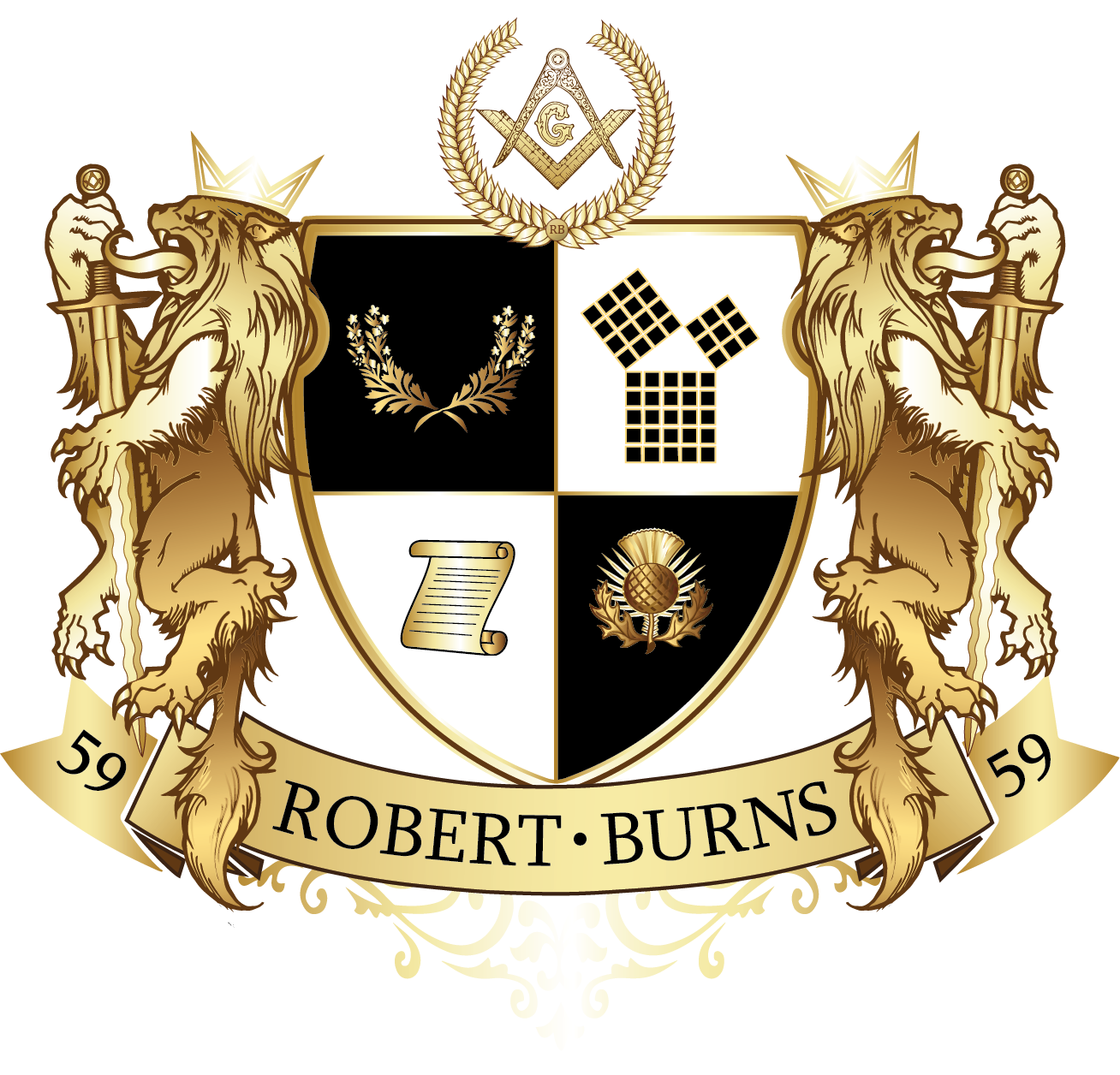
The Path to Free-Masonry
A Seeker's Introduction to the Craft
An Ancient Fraternity, A Personal Quest
Freemasonry stands as one of the world's oldest and largest secular fraternities, a unique society dedicated to fostering moral growth, intellectual development, and community service among men. It uses the allegorical language and symbols of traditional stonemasonry to impart enduring principles aimed at self-improvement and fostering goodwill.
Joining Freemasonry is a significant decision, approached through a thoughtful process of inquiry, introspection, and mutual evaluation. This ensures that candidates are prepared for the profound journey and responsibilities that membership entails.

Defining the Craft
To truly understand the path, one must first grasp the nature of Freemasonry:
- A System of Morality: It presents a framework for ethical living, emphasizing integrity, honesty, and compassion in one's duties to a Supreme Being (as understood by the individual), fellow human beings, and oneself.
- A Bond of Brotherhood: Core tenets include Brotherly Love, Relief (charity), and Truth, creating a supportive global network of fellowship and mutual respect.
- Faith-Inclusive, Not a Religion: While requiring members to believe in a Supreme Being, Freemasonry is not a religion or a substitute for one. It welcomes men of diverse faiths and encourages adherence to their own beliefs.
- Not for Material Advantage: Membership is sought for personal development and the desire to contribute, not for business networking, career advancement, or financial gain. Masonic charity focuses on genuine need.
- Civic Responsibility: Freemasonry promotes respect for the law and allegiance to one's country. Lodge discussions avoid partisan politics and sectarian religion.
- Private, Not Secretive: While traditional methods of recognition among members are kept private, the organization's principles and charitable works are open knowledge.
Fundamental Qualifications for Consideration
Generally, a man seeking membership in Freemasonry must:
- Possess a sincere belief in a Supreme Being.
- Be a man of legal adult age .
- Maintain a reputation of good moral character and personal integrity.
- Approach the fraternity entirely of his own volition, driven by positive motivations rather than external pressure or expectation of gain.
- Have a genuine interest in the institution, coupled with a desire for self-improvement and contributing to the community.
- Meet the established residency requirements established by the governing Grand Lodge or Jurisdiction.
- Be capable of managing his personal responsibilities and meeting the financial commitments of membership without causing hardship.
"Prompted to solicit this privilege by a favorable opinion conceived of the institution, a desire for knowledge, and a sincere wish to be serviceable to his fellow creatures..."
The Admission Process: A Structured Path
Becoming a Freemason involves a formal and deliberate process, respecting both the candidate and the fraternity:
1. Expressing Genuine Interest
The first step must be taken by the interested individual. Whether through prior knowledge, research, or acquaintance with a Mason, the seeker must express his desire to learn more or apply. Lodges typically wait for the individual to make the approach.
2. Inquiry and Mutual Acquaintance
Initial contact leads to conversations with Lodge members. This is a period for the inquirer to ask questions and understand the Lodge's culture, and for members to learn about the inquirer's character and reasons for seeking admission. Social gatherings may offer further opportunities for interaction.
3. Submitting a Petition
If mutual interest develops, the inquirer may be provided with a formal petition for membership. This document requires personal details and affirms the candidate's sincere intentions. It typically needs sponsorship from current members and is submitted with associated fees.
4. Careful Investigation
An appointed committee reviews the petition and conducts a respectful investigation, usually involving interviews or conversations with the petitioner, to ensure his suitability and understanding of the commitment involved. Their findings are reported to the Lodge.
5. The Lodge Ballot
Informed by the petition and investigation, Lodge members participate in a private ballot. Unanimous consent is typically required, reflecting the Lodge's collective acceptance of the candidate into their fellowship.
6. Initiation Through Symbolic Degrees
A favorable ballot precedes initiation via a series of solemn, meaningful ceremonies known as the Degrees (Entered Apprentice, Fellow Craft, Master Mason). These are not tests or ordeals, but rather allegorical plays that teach Masonic philosophy, ethics, and history, guiding the candidate's journey of personal development.

A Lifelong Commitment to Growth
Becoming a Master Mason signifies full membership but marks the beginning of a continuous journey. It involves active participation in the Lodge, ongoing learning, applying Masonic principles in daily life, fostering brotherhood, and contributing to the well-being of the community.
"It is a pursuit that transcends mere curiosity... it beckons the seeker to embark on a transformative odyssey, a personal and collective quest for self-discovery, enlightenment, and the ultimate realization of one's potential..."
Begin Your Inquiry
If the values and journey of Freemasonry resonate with your own aspirations, the next step is to express your interest.
For those specifically considering Robert Burns Lodge #59 in Las Vegas, Nevada, please use their official contact form:
Inquire at Robert Burns Lodge #59(If you reside elsewhere, we recomend that you reach out to another observant Lodge in your Jurisdiction, a list is available on this website https://www.masonicrestorationfoundation.org/lodges.html.)
